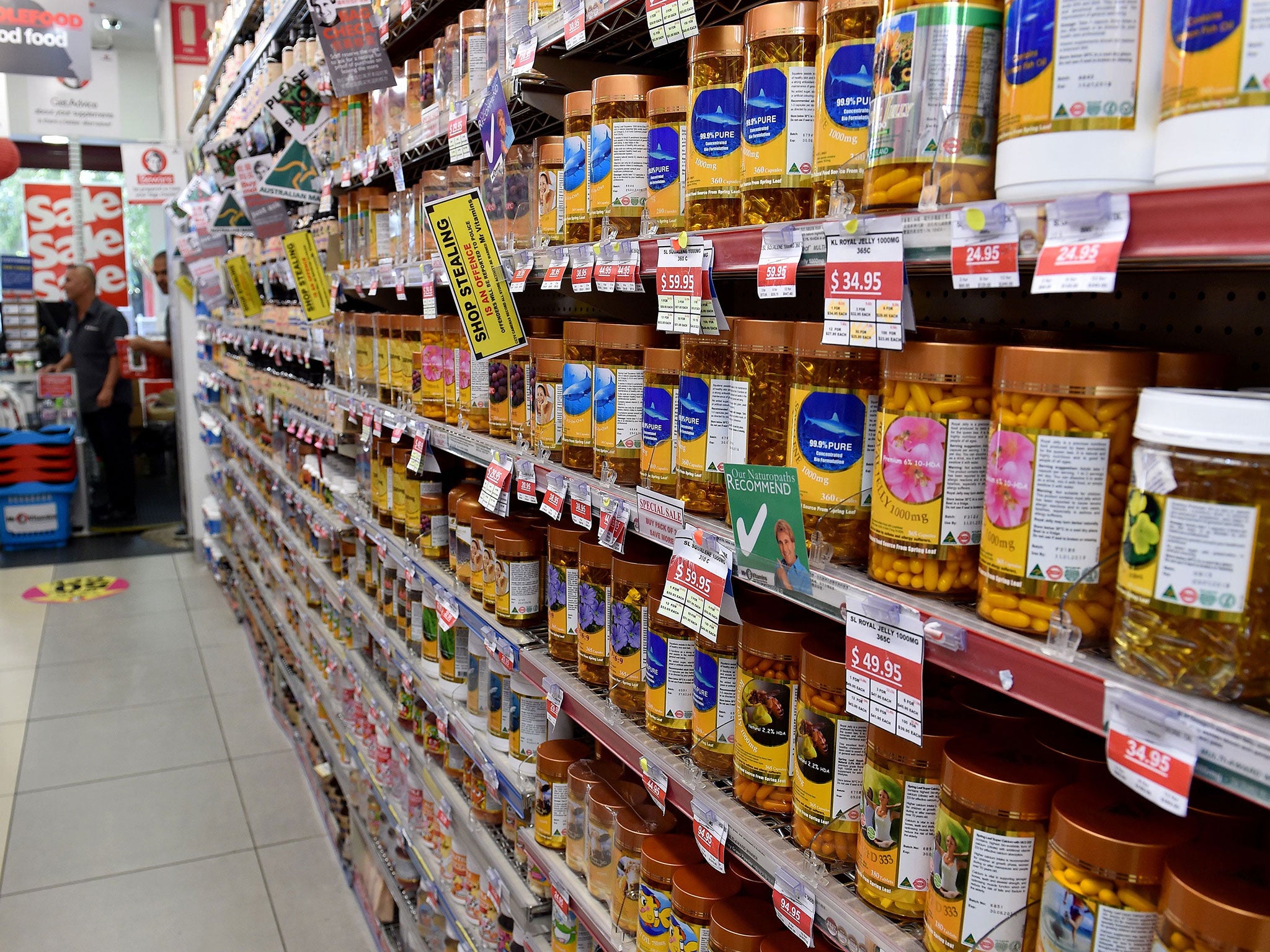Ukad expresses concerns over 'quick-fix' supplement usage
A study for Clean Sport Week has revealed that British adults who use the supplements are largely unaware what they are consuming

UK Anti-Doping has called for people using sports nutritional supplements to get expert advice before taking them.
A study for Clean Sport Week has revealed that British adults who use the supplements are largely unaware what they are consuming.
The YouGov study published by Ukad shows that 87 per cent of adults polled, who exercise and take sports supplements, do not seek any advice from a professional first, while a fifth do not seek any advice at all.
Some of the products can contain stimulants like caffeine, methylhexanamine (DMAA) or dimethylbutylamine (DMAB) that along with adverse health effects can result in athlete bans from sport. Both are on the World Anti-Doping Agency banned list of substances.
The effects of the stimulants can include insomnia, anxiety, increased heart-rate and blood pressure, and increased risk of stroke, heart attack, and cardiac arrhythmia.
Ukad chief executive Nicole Sapstead said: “We believe there is a vital public debate that needs to take place around the growing supplement culture in the UK and the survey results highlight this.
“These results show a huge percentage of British adults do not seek any advice from a healthcare professional before taking supplements, and many also take a cocktail of products.
“Elite athletes are aware that if they take any supplements containing a prohibited substance this will lead to a ban.
“Even if you’re not an elite athlete we believe that everybody should know what they are putting in their body.
“Ukad would encourage anyone looking to take supplements to: assess the need to do so, assess the risk, and assess the possible consequences of doing so.
“People may decide to turn to supplements for a ‘quick fix’, however for most, their nutritional needs can be met through a good diet, and we support a ‘food-first’ approach to nutrition.”
Join our commenting forum
Join thought-provoking conversations, follow other Independent readers and see their replies
Comments
Bookmark popover
Removed from bookmarks